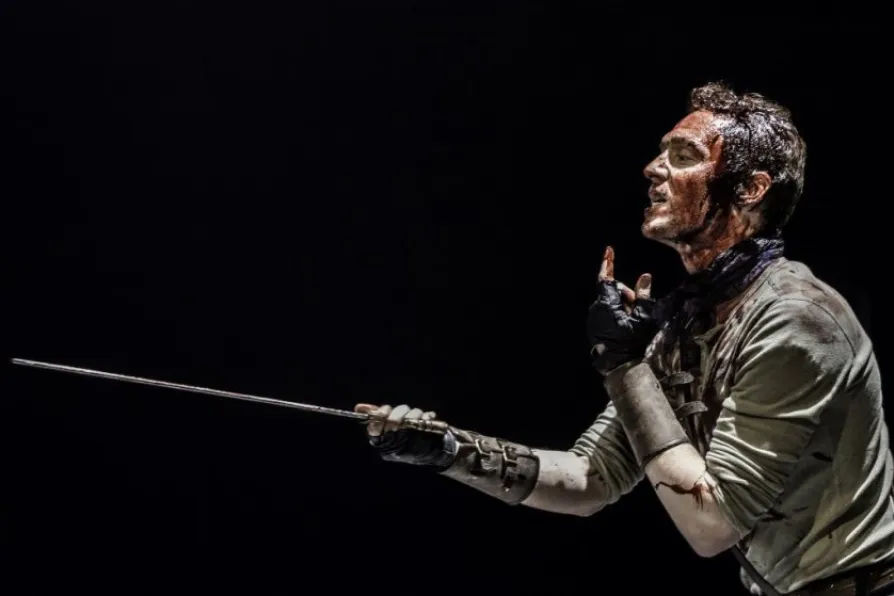New releases from Van Morrison, Tyler Ballgame, and Dry Cleaning

 AT WAR WITH HIMSELF: Tom Hiddlestone as Coriolanus
[Johan Persson]
AT WAR WITH HIMSELF: Tom Hiddlestone as Coriolanus
[Johan Persson]
CORIOLANUS is possibly the most single-track and linear of all Shakespeare’s works.
With no subplots or deviation from its core theme, what seems like a predictable tale of military might and political power is, by the conclusion, a simple account of the complexities and inner workings of one man’s mind.
The fearless and commanding Caius Martius — Coriolanus — is a Roman military leader whose macho world of bloody battles and swaggering pride, synonymous almost with the modern world of car chases and shoot-outs, has earned his sobriquet in recognition of one such battle.

MARY CONWAY is blown away by a flawless production of Lynn Nottage’s exquisite tragedy

MARY CONWAY revels in the Irish American language and dense melancholy of O’Neill’s last and little-known play

GORDON PARSONS squirms at a production that attempts to update Shakespeare’s comedy to a tale of Premier League football











